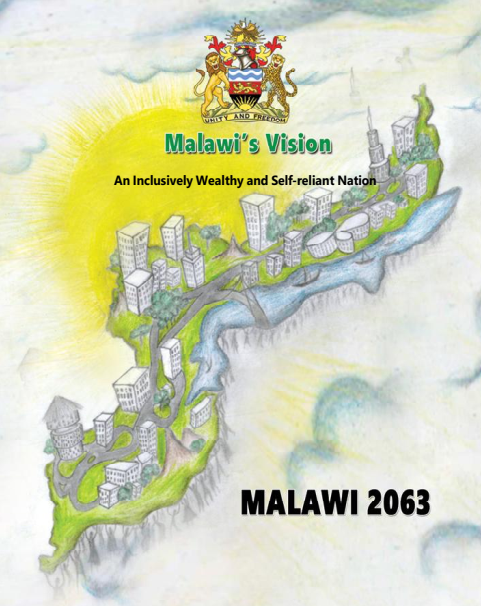What Sustainability in Project Management Means to Malawians
To Naturenv Consult sustainability is…
- Implementing a project in a way that we meet our needs without compromising the ability of future generations to meet their own needs.
- Ensuring outcomes, results and benefits of development interventions continue beyond the phase of external funding.
Let us expand this a little…
We all love good things, right? For example, when buying shoes we ask, is this genuine leather? Are they durable? Can I find another one similar but cheaper? Will they be comfortable? Do they look good?

Similar questions are asked when implementing projects. There are even more when a Project Management and Sustainability Consultant is engaged. Questions like…
- Does the design consider the environment, people and economy?
- Are the proposed materials and resources good for the biophysical and socioeconomic environment?
- Are there alternative resources or materials?
- How can I ensure that the resources are used efficiently?
- How best can the generated wastes be managed? Is there the use of sustainability principles to manage the wastes?
- What is the impact of the project on the community, economy and environment? What is the impact on future generations?
- How can we mitigate the negative impacts and enhance the positive impacts?
- What needs to be done for the project to be implemented on time and budget?
The goal is to ensure a good project is delivered.
Specifically, Naturenv Consult aims at ensuring that projects are planned, designed, implemented and closed in a way environmental, governance, social and economic aspects are adequately integrated. Further, we look at quality, durability, maintainability, replicability, scalability of the project outcomes and results. All these help increase project value, create opportunities, reduce risks, increase profit, and reduce costs.
To Malawians…
You cannot talk of project sustainability without considering alignment with national development goals. Therefore, Naturenv Consult closely followed the debate that came with the launch of the Malawi 2063 (MW2063) on 21 January 2021. This is the long-term national development plans document.
“Why prepare more development plans when they are not implemented and nothing is achieved?” This was one of the question asked by Malawians, understandably because the predecessor of the MW2063, the Malawi Vision 2020, did not leave up to its expectations.
Malawians want better. According to the MW2063, we aspire an inclusively wealthy and self-reliant industrialized upper-middle-income country by the year 2063.

To achieve the aspirations, three key areas requiring action (pillars) are proposed: Agriculture Productivity and Commercialization, Urbanisation, and Industrialization. The pillars will be enabled by mind-set change, environmental sustainability, effective governance structures, private sector dynamism, functioning public sector, human capital development and economic poverty.
Environmental Sustainability…. we want to achieve development without depleting the natural resources. This is what sustainability in project management means to Malawians.
What we do
We all have a role to play to achieve these aspirations. Ours is to ensure sustainability principles are integrated at the core of projects. It does not matter, whether we are delivering projects in power and energy, infrastructure development, water and sanitation, or providing environmental and social services or project management services. We are determined to lead the way in enabling the success of the MW2063 pillars.
